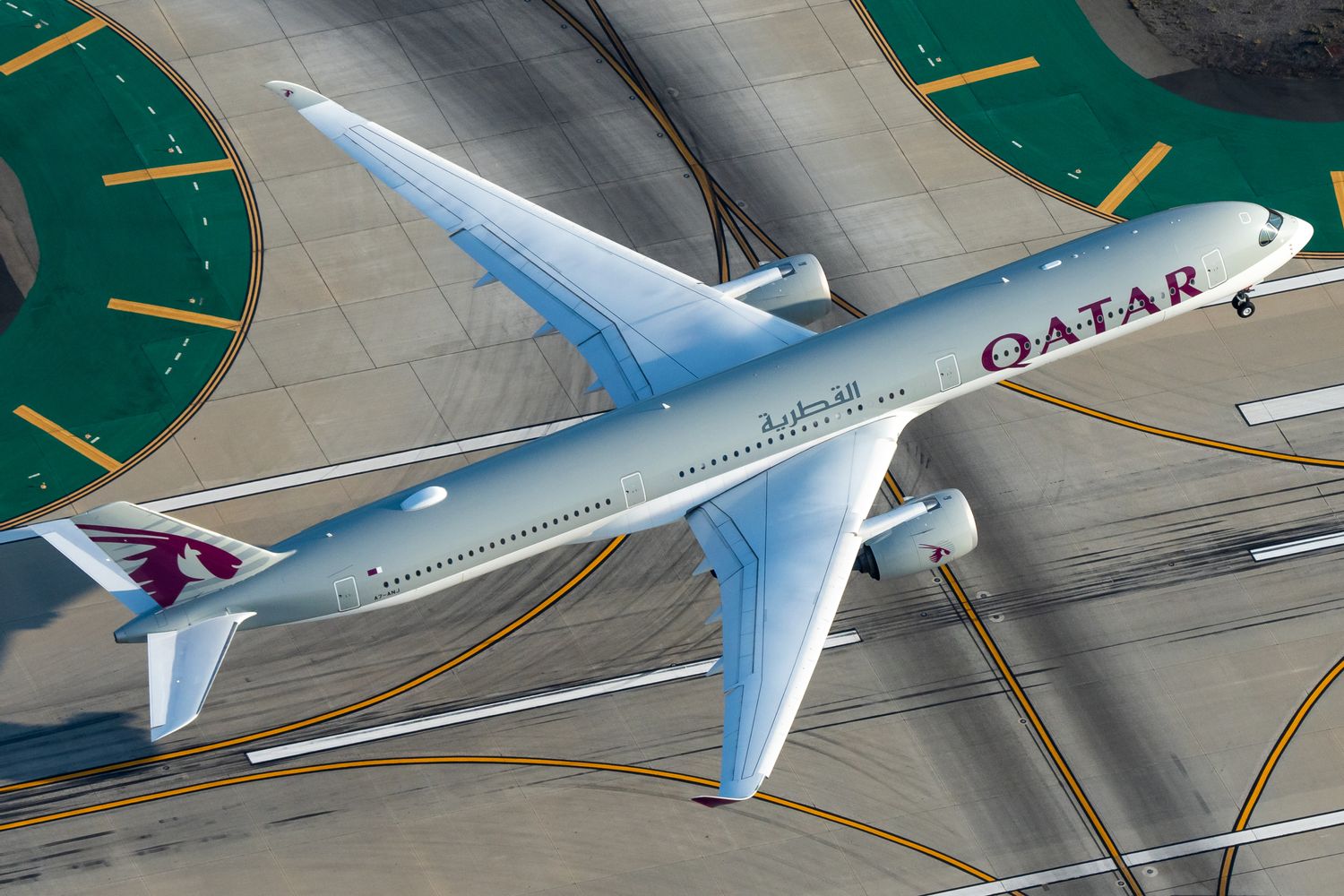How Does The IATA Travel Pass Work?
Tuesday, 01 March 2022

As the aviation industry restarts after over a year of passenger downturn, the IATA Travel Pass is becoming a crucial initiative in this next chapter. Airlines across the globe have been introducing the mobile app to help travelers store and manage their details during the pandemic, but how does the tool actually work?
A new climate
Governments worldwide have implemented a series of stringent travel restrictions since the rise of the global health crisis last year. The conditions grounded fleets and forced millions to stay where they are, effectively preventing them from seeing their loved ones or traveling for work for months on end.
These restrictions have been slowly relaxing. However, there are still several requirements in place to ensure that passengers move safely amid the current situation. With borders opening up, the spread of the virus needs to be controlled. Therefore, requirements such as testing and vaccinations have to be met in order to fly.
MORE NEWS : China Floats First 24,000 TEU Boxship Built for Evergreen
Meeting requirements
To help with the recording of this information, the International Air Transport Association (IATA) introduced its Travel Pass. Airlines initially began testing the app for loading COVID test details and related information. However, trials began expanding the utilization to include vaccination records. Following successful testing, governments have been gaining the confidence to accept the app's usage for all their passengers.
Notably, recently, IATA announced that it integrated the acceptance of digital vaccine certifications issued by the European Union and the United Kingdom into the app. Therefore, it is now smoother for travelers to prove their vaccination status when flying.
Overall, the platform is an effective way to prove test results and vaccination status than paper processes. Authorities can verify documentation authenticity and the identity of individuals with the pass. Ultimately, travelers benefit by having their core post-COVID travel details in one place.
The core features
There are four primary modules to the IATA Travel Pass:
Registry of health requirements
This segment allows travelers to find information on travel, testing, and vaccine requirements.
Registry of testing and vaccination centers
Here, passengers can locate centers and labs at their departure and/or arrival locations.
Lab app
The feature allows authorized test centers or labs to securely send vaccination certificates or test results to travelers.
Travel Pass app
The app gives passengers the opportunity to:
- Create a “digital passport.”
- Verify their vaccination and/or test.
- Share their vaccination or test result through integration into passenger management systems.
Importantly, Travel Pass does not store any data centrally. It solely links entities that require verification with the test or vaccination data when passengers allow it. Altogether, the airline customer has to give the go-ahead to verify. If the traveler opts to do so, the data is sent from their mobile device directly to an airline or government.
The right support
To enhance the digital health pass, IATA is working closely with Raytheon Technologies subsidiary Collins Aerospace. The company is using its wide-ranging presence in the aviation industry to help make integration with Travel Pass streamlined.
As a leader in high-integrity solutions, Collins Aerospace highlights that by using a carrier’s host systems connections to seamlessly send passenger itinerary data to the Travel Pass app. Using the firm’s TransAction Service, this process enables itineraries to be matched against destination conditions and coronavirus health results to determine if a passenger is “OK to travel.” Crucially, the same connections can then be used to update the carrier’s host system with that status.
With this managed service, the ongoing support and maintenance of the integrations are covered by Collins Aerospace. So, the connection process can continue to be relied upon as the challenges of the aviation industry continue to evolve.
IATA notes that Collins’ tool assists operators to catalyze the app’s adoption amid the ease of integration. Ultimately, while the world continues to navigate the impact of the pandemic, additional support from the likes of Collins will go a long way.
“More than half of the world’s borders have some kind of travel restriction in place, but we see the deployment of vaccinations and testing measures as positive steps toward restoring international airline travel,” shares Jennifer Schopfer, president of Connected Aviation Solutions. “With the use of Collins Aerospace’s technology, Travel Pass will enable the secure flow of information to ensure that passengers know the health requirements for their journey, and for airlines to confirm those requirements have been met.”
Looking ahead
Over 60 carriers have registered to use IATA’s Travel Pass. More and more people are returning to the air as borders slowly open up in numerous key regions. For air travel to keep going in the right direction, carriers and the broader market need to show that the new governmental conditions can be handled effectively. So, the Travel Pass will hold a vital position in the next stage and beyond.
Airlines and passengers alike would dread another dark age of travel as we saw over the last one and a half years. Altogether, initiatives such as the IATA Travel Pass will prove valuable in the mission to continue safe and efficient operations.
Source : https://simpleflying.com/how-does-the-iata-travel-pass-work/

06 January 2025
Hurricane Beryl trims cargo volumes in Houston and New Orleans

25 January 2025
Container freight rates tumble

08 February 2025

